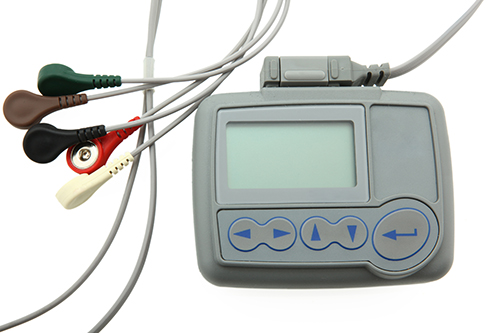Limitations of Ambulatory ECG Monitoring (Holter Monitoring)
Holter monitoring has several limitations:
Intermittent Arrhythmias: The device may miss arrhythmias that occur infrequently or only during specific activities.
Patient Compliance: The accuracy of Holter monitoring depends on the patient's adherence to wearing the device and documenting symptoms correctly.
Limited Scope: While Holter monitoring is effective for detecting arrhythmias, it does not assess other cardiac issues like ischemic heart disease or provide insight into coronary artery blockages.
Uncertain Etiology: Holter monitoring may not detect the root cause in cases where symptoms persist without a clear diagnosis from a resting ECG.
Clinical Indications for Stress Echocardiography
Stress echocardiography provides real-time assessment of cardiac function under stress and is particularly effective for identifying myocardial ischemia and wall motion abnormalities, offering valuable insights into overall cardiac performance. It is also more sensitive than other modalities, such as exercise treadmill testing, for detecting multi-vessel coronary artery disease.
Given the limitations of Holter monitoring, stress echocardiography offers enhanced diagnostic accuracy and is particularly valuable for:
Syncope of Unclear Etiology: When the cause of fainting episodes remains undetermined.
Ventricular Arrhythmia: In patients with suspected or known ventricular arrhythmias.
Symptoms of Ischemic Equivalent: If symptoms suggestive of ischemia continue despite normal resting ECG and Holter monitoring results.
Possible Acute Coronary Syndrome (ACS): When patients present with symptoms consistent with ACS but have non-diagnostic ECG findings.
(Source: Standards for Provision of Echocardiography in Ontario, 2021)
For a comprehensive list of stress echocardiography indications and additional information about stress echo modalities, including contrast stress echocardiography, please visit our "For Doctors: Stress Echo" section.
Report Processing
The Holter report is meticulously analyzed by a cardiologist. A detailed report, including conclusions and clinical recommendations, is sent directly to the referring physician. This ensures that patients receive timely and accurate follow-up care.
